The Dos and Don’ts of Writing A Cover Letter
Tips on how to make your cover letter stand out.




Next Gallery
The Best Black Celebrity Looks From NYFW That Shut Down the Runway and the Streets
9 Photos
1 / 10
Level Up. - If you’re in the market for a new job, there’s no escaping the dreaded cover letter, and with good reason—they are a good place to show potential employers a side of your work history that can’t be glimpsed on your resume, whether that’s why you left a dream job after just six months or how your past experiences as a customer service rep qualify you for a gig in film production. Read on for tips on how to make your cover letter stand out. By Kenrya Rankin Naasel (Photo: Sean De Burca/Corbis)
ADVERTISEMENT